Great hair is on pretty much everyone’s wish list, but it wouldn’t surprise me if a great scalp didn’t quite make it onto the vision board. (I get it—the pics just aren’t as #aesthetic.) But TBH, it should, and from where I stand, your scalp deserves just as much attention as both our skincare and haircare routines.
“The reality is that healthy hair begins at the scalp, which is why having a weekly scalp exfoliation as part of your hair routine is so crucial,” says Babba Rivera, founder and CEO of Ceremonia. And many haircare brands, including Ceremonia, are formulating products specifically with the scalp in mind. From shampoos that address scalp dryness to scalp treatments that aim to boost hair growth, the area is no longer an afterthought.
Scalp exfoliation products in particular are having a long-awaited moment. And with good reason—they can help with everything from hair thinning to flaking. “There are many benefits of exfoliating the scalp that all contribute to the overall health of your hair and scalp,” says Jeannette Graf, MD, a dermatologist and assistant clinical professor of dermatology at Mount Sinai School of Medicine in New York City.
Ahead, I’m breaking down just what those benefits are with the help of Rivera and Graf, as well as Gulf Coast–based dermatologist and Neutrogena healthy scalp ambassador Lindsey Zubritsky, MD, FAAD. Plus, find out how often to exfoliate for optimum results and exactly how to do it.

Regular exfoliation is key to a healthy scalp and in turn to healthy hair. Here’s what the experts say:
Clears product buildup. “Whether it’s shampoo, gel, mousse, wax, etc., these various hair products can build up on your scalp over time if not thoroughly washed out,” says Graf. “When this buildup happens, it can cause dandruff or flaking, scalp irritation, disrupt natural oil production, and more.”
Promotes a healthy scalp. With this buildup out of the way, your scalp microbiome can thrive. “[Exfoliation] helps to create a healthy scalp environment,” says Zubritsky.
Helps remove flakes. As you might expect, exfoliating can also help get rid of pesky flakes that accumulate on the scalp too. “It helps to remove flakes in the scalp associated with dryness or dandruff and can promote or encourage hair growth,” says Zubritsky.
“For most scalps, I recommend exfoliation once or twice a week, but this can be adjusted depending on your scalp’s needs, the time of the year, or type of hair you have,” says Zubritsky, who says those with oily or flaky scalps may add in the step more than others.
There can also be too much of a good thing. “You don’t want to overexfoliate, since exfoliation can dry out the scalp and cause your scalp to produce undesirable excess oil,” adds Graf. Also, if you have a condition such as psoriasis, you should consult your physician before adding exfoliation to your routine.
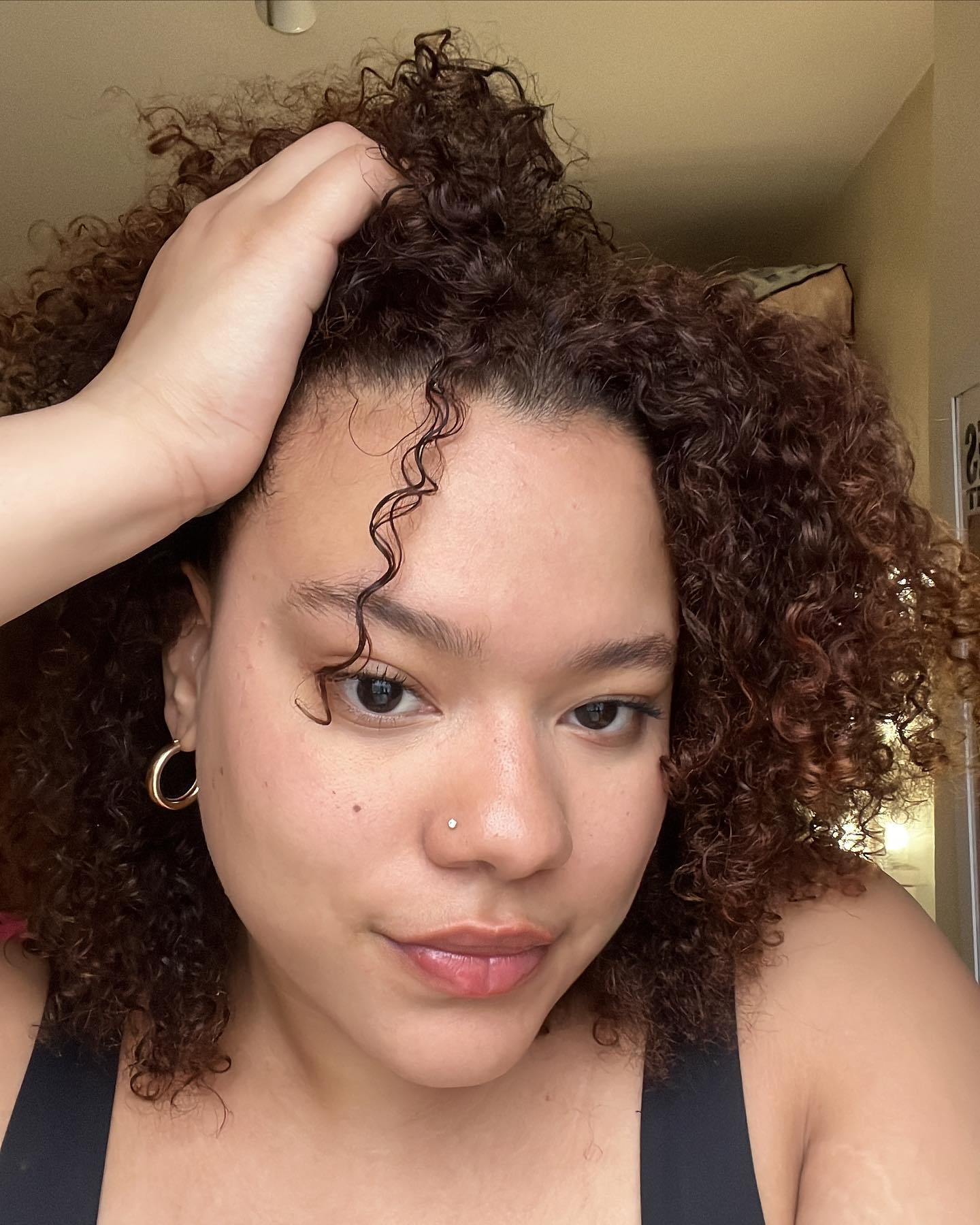
“To properly exfoliate, I recommend applying a pre-shampoo oil, like our Aceite de Moska, to your scalp,” says Rivera. “Follow with a gentle massage with a scalp massager to stimulate blood flow circulation and help promote healthy hair growth.”

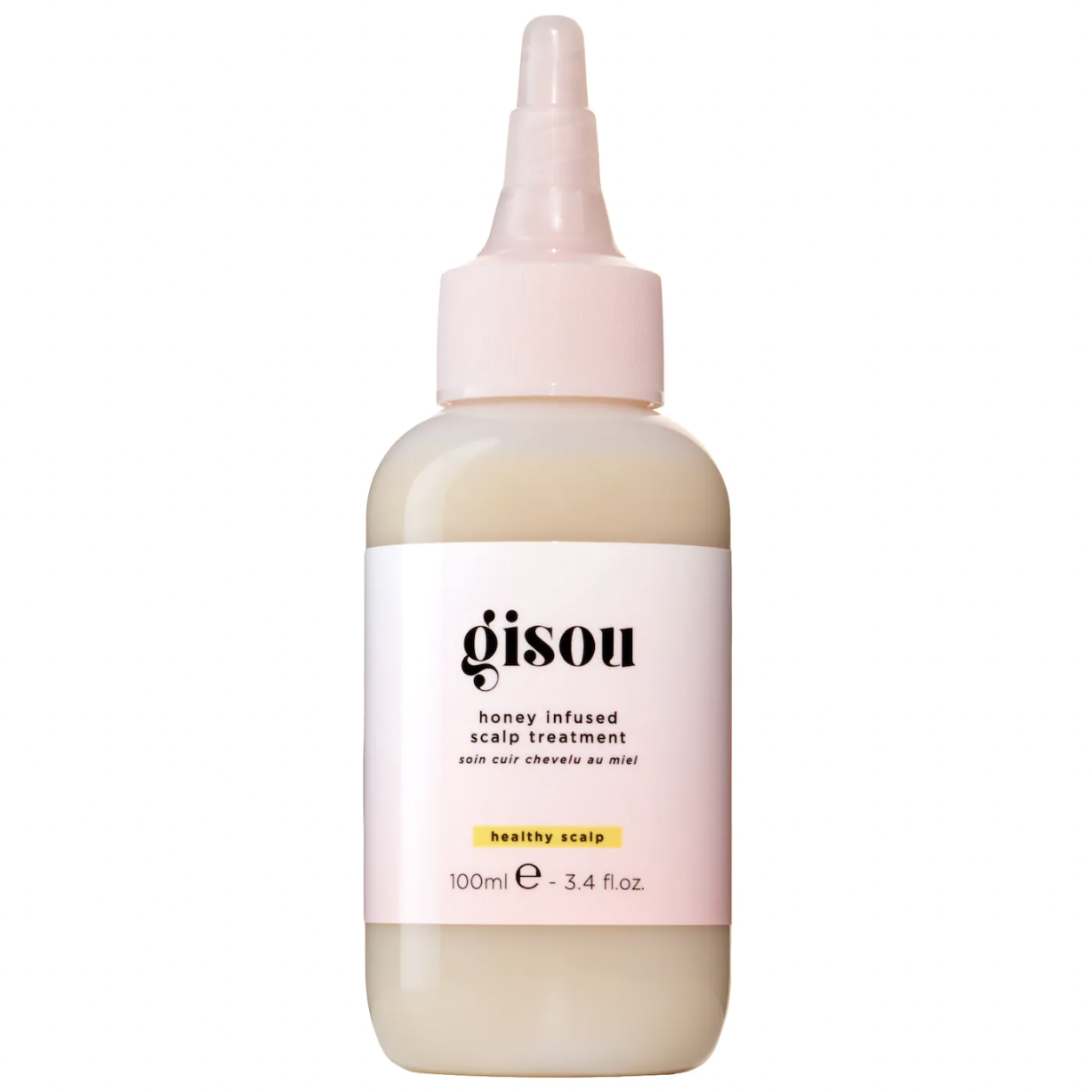
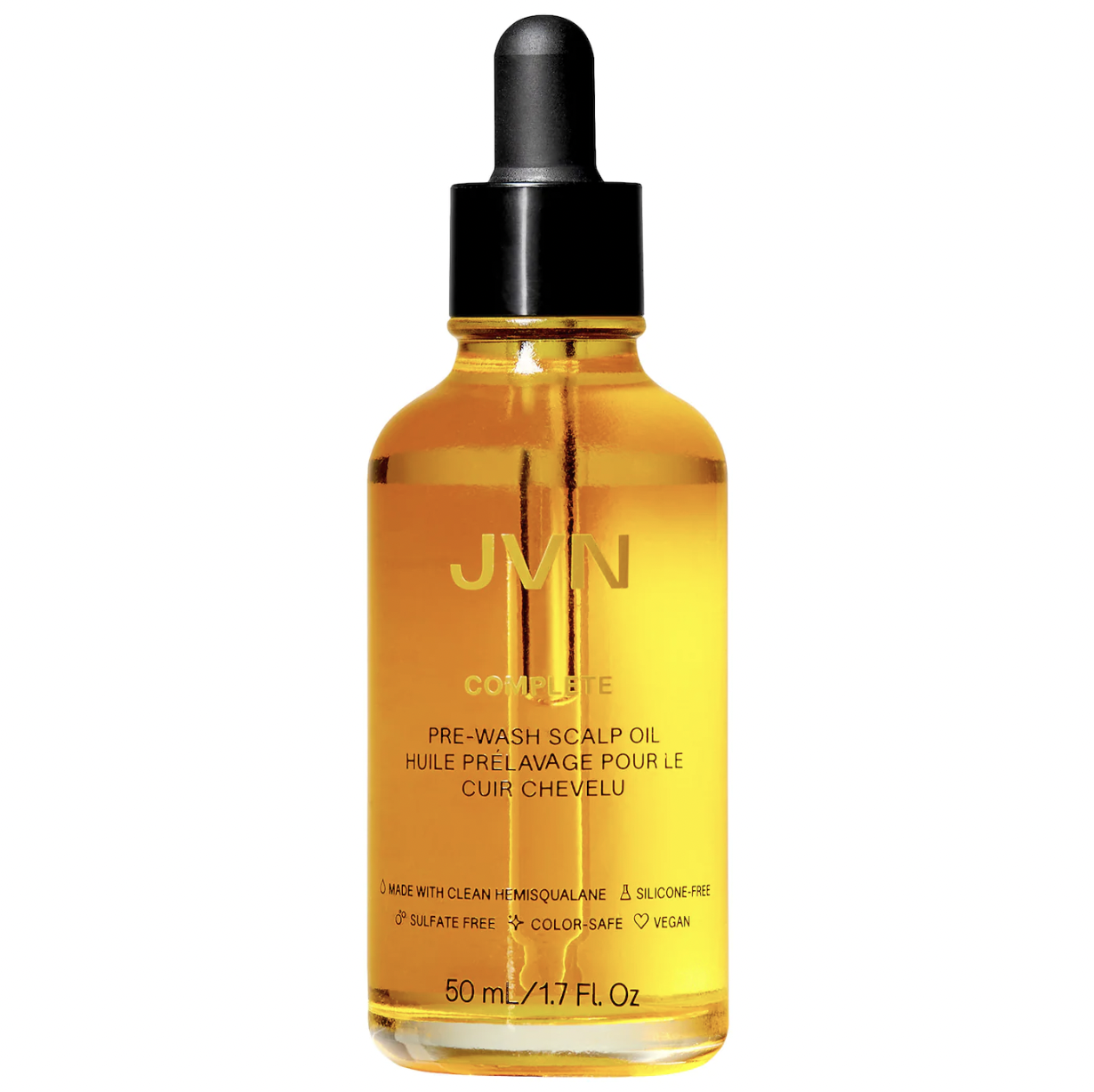
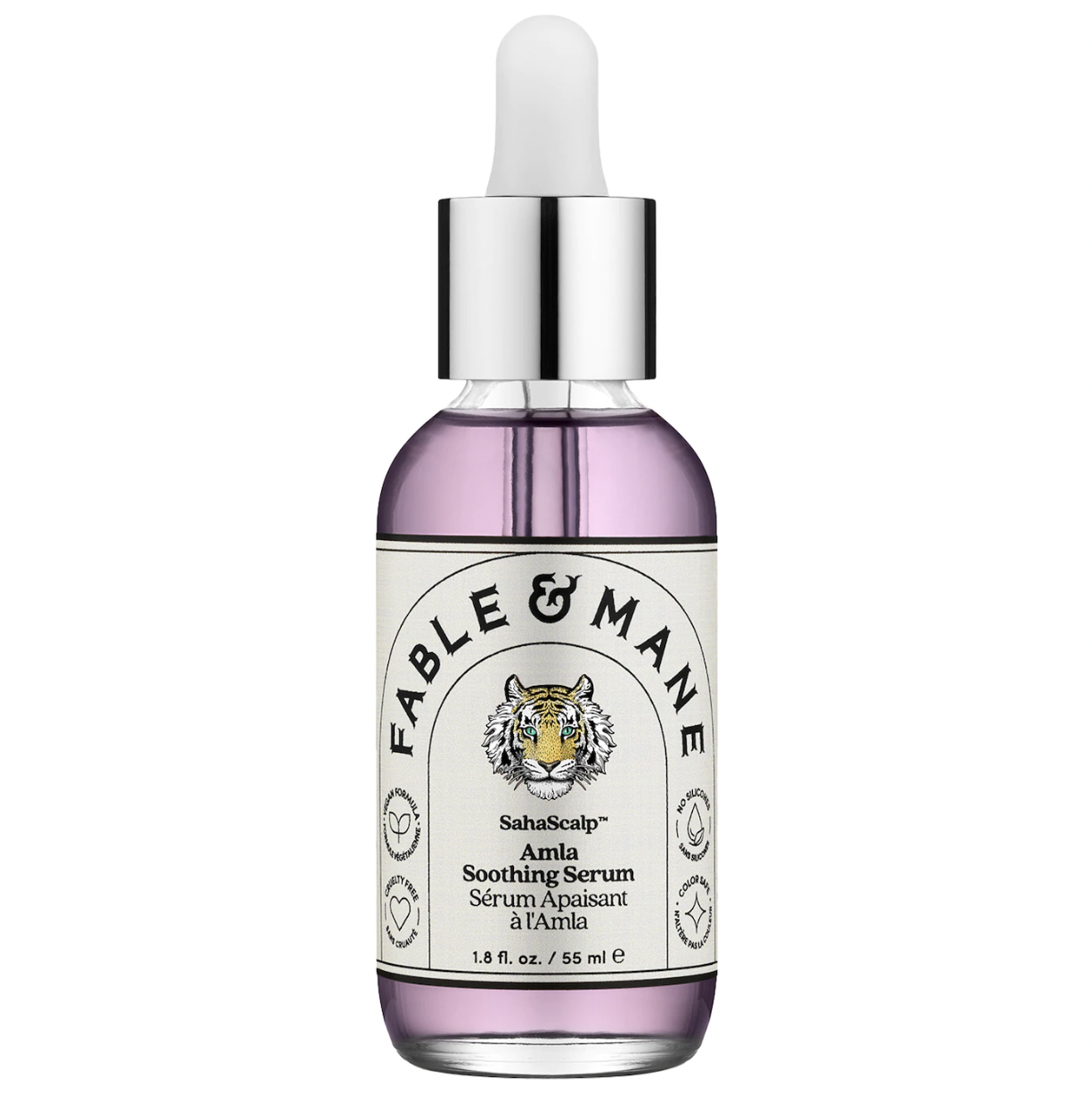
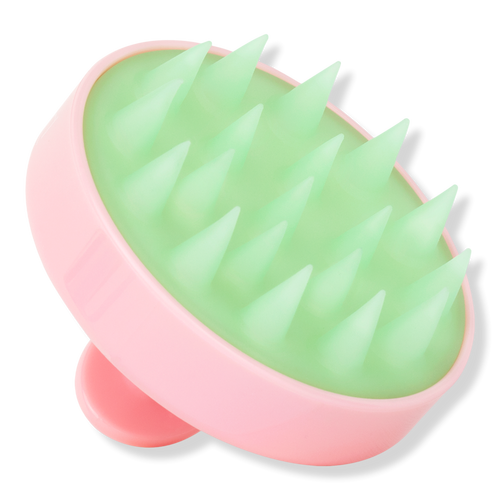
Washing your hair is the first real exfoliation step and helps clear away some of the residue and product buildup sitting on your scalp. “The best and easiest way to exfoliate your scalp is to find shampoo and conditioners that contain exfoliating ingredients,” says Zubritsky.
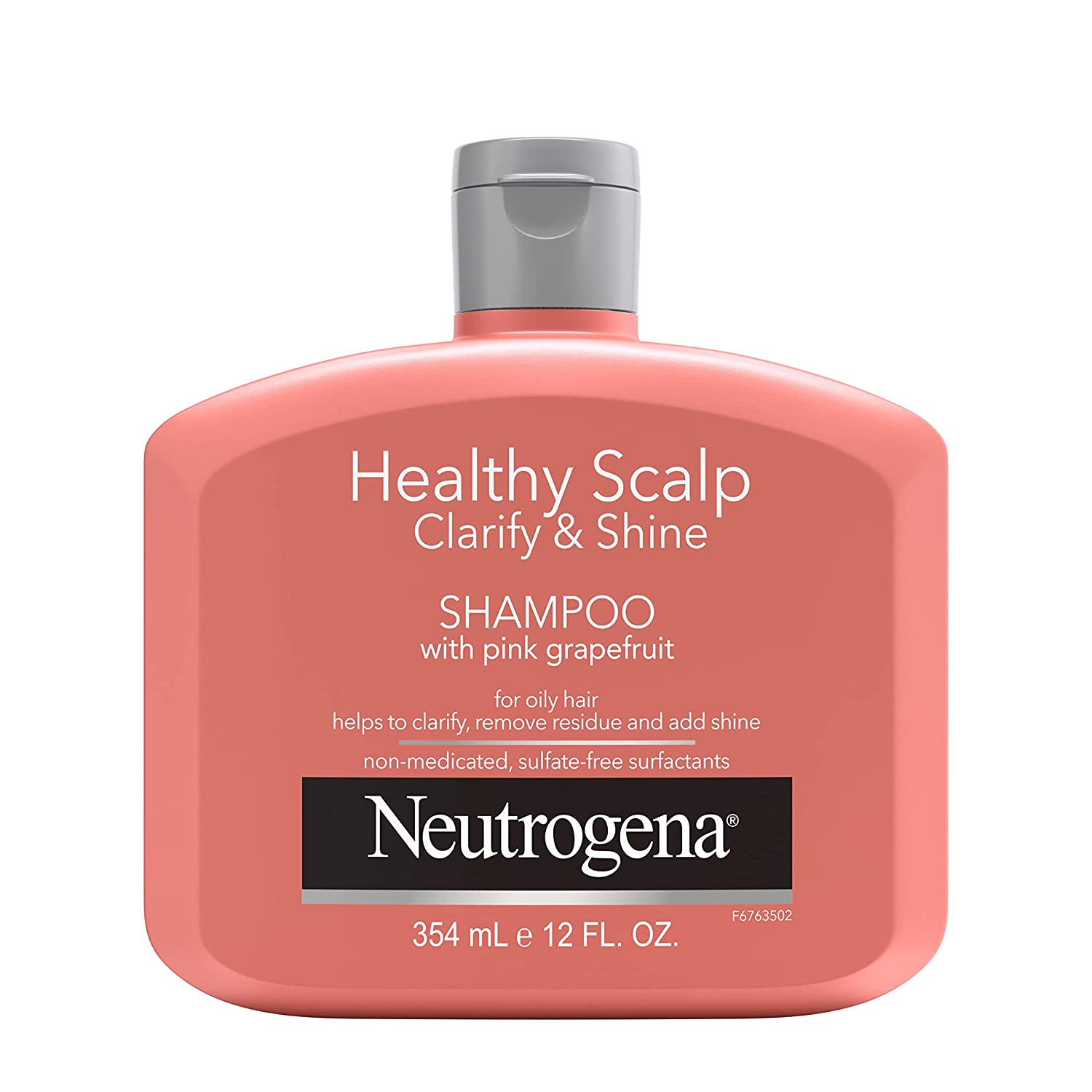
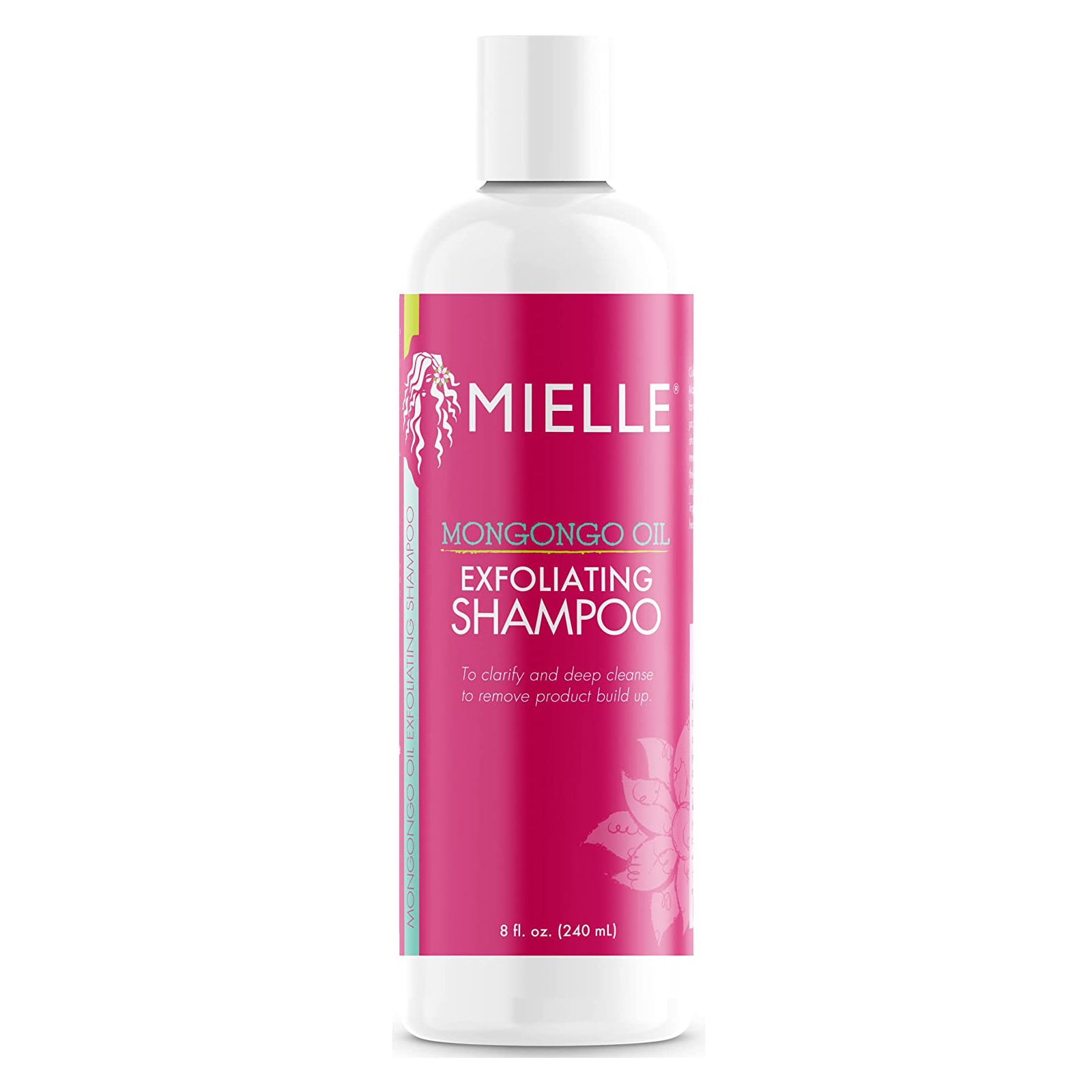
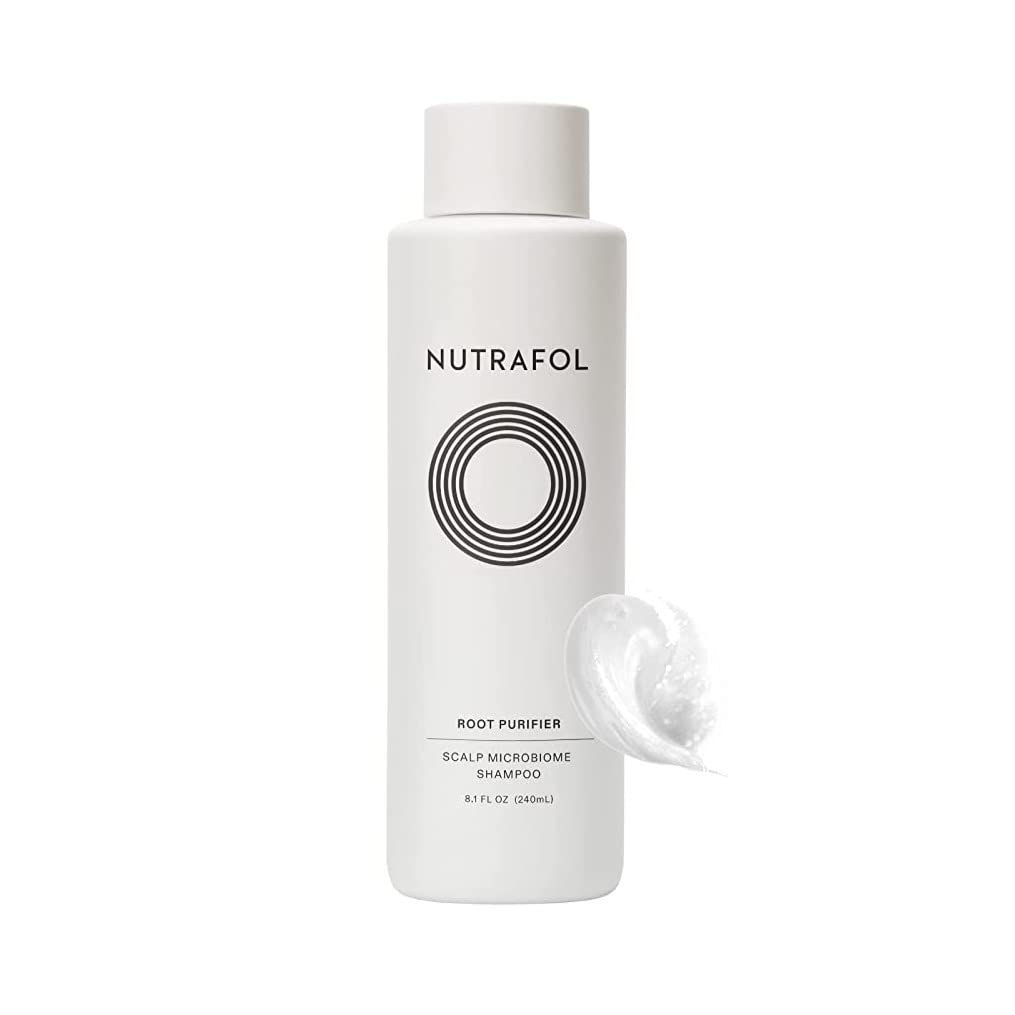
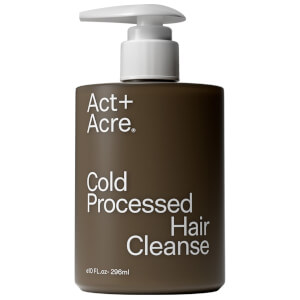

Next is perhaps the most important step in the exfoliation process. “After you shampoo and rinse your hair, separate sections of your hair and apply the scalp exfoliator by rubbing it in a circular motion,” explains Graf. “You’ll have to move throughout the different sections of your hair to ensure you’re covering the whole scalp. Some of the scrub might get on your hair strands, but that’s not a concern.” You’ll love how good it feels, too. “Gently massage the scalp in a circular motion, taking care not to be aggressive or rub hard,” advises Zubritsky.
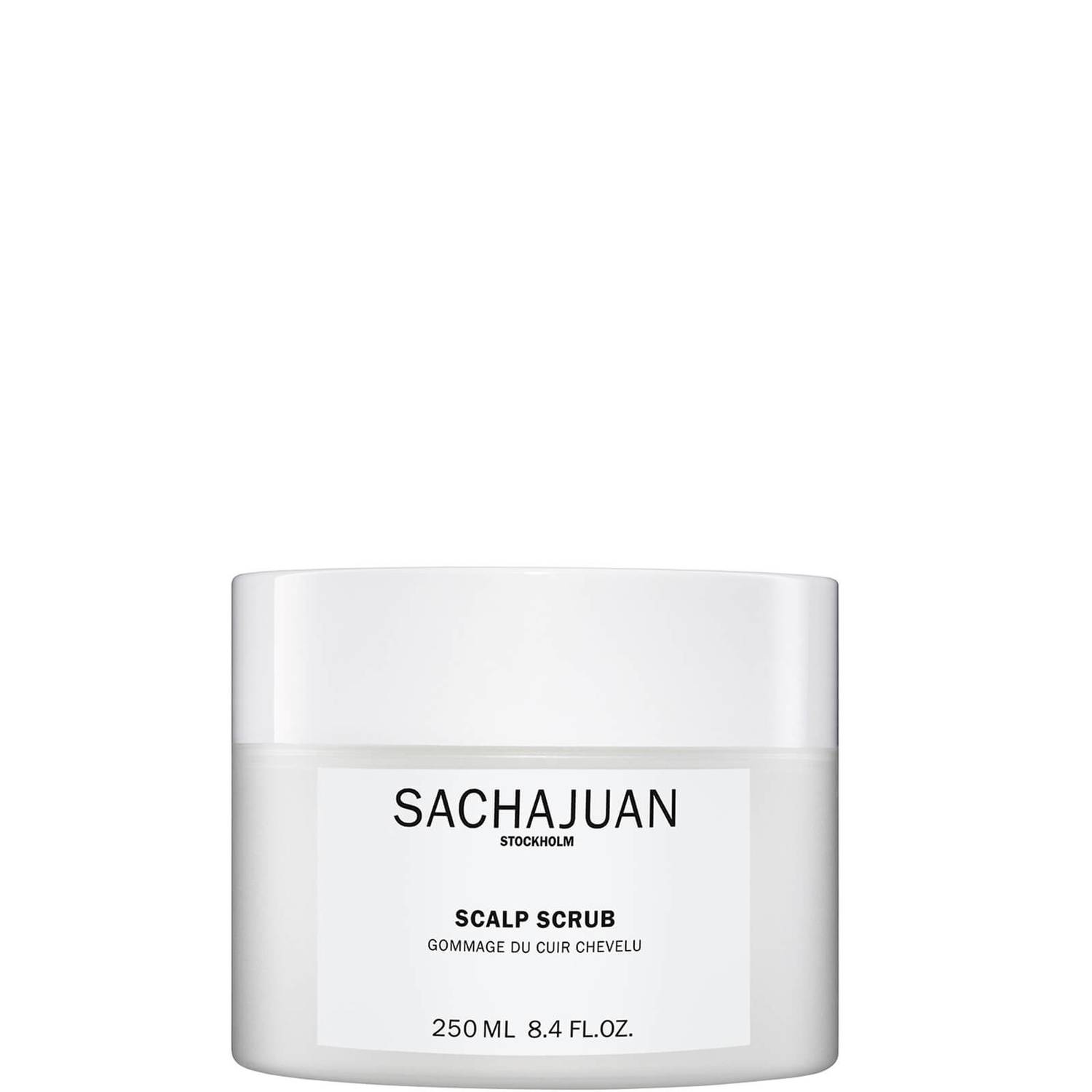
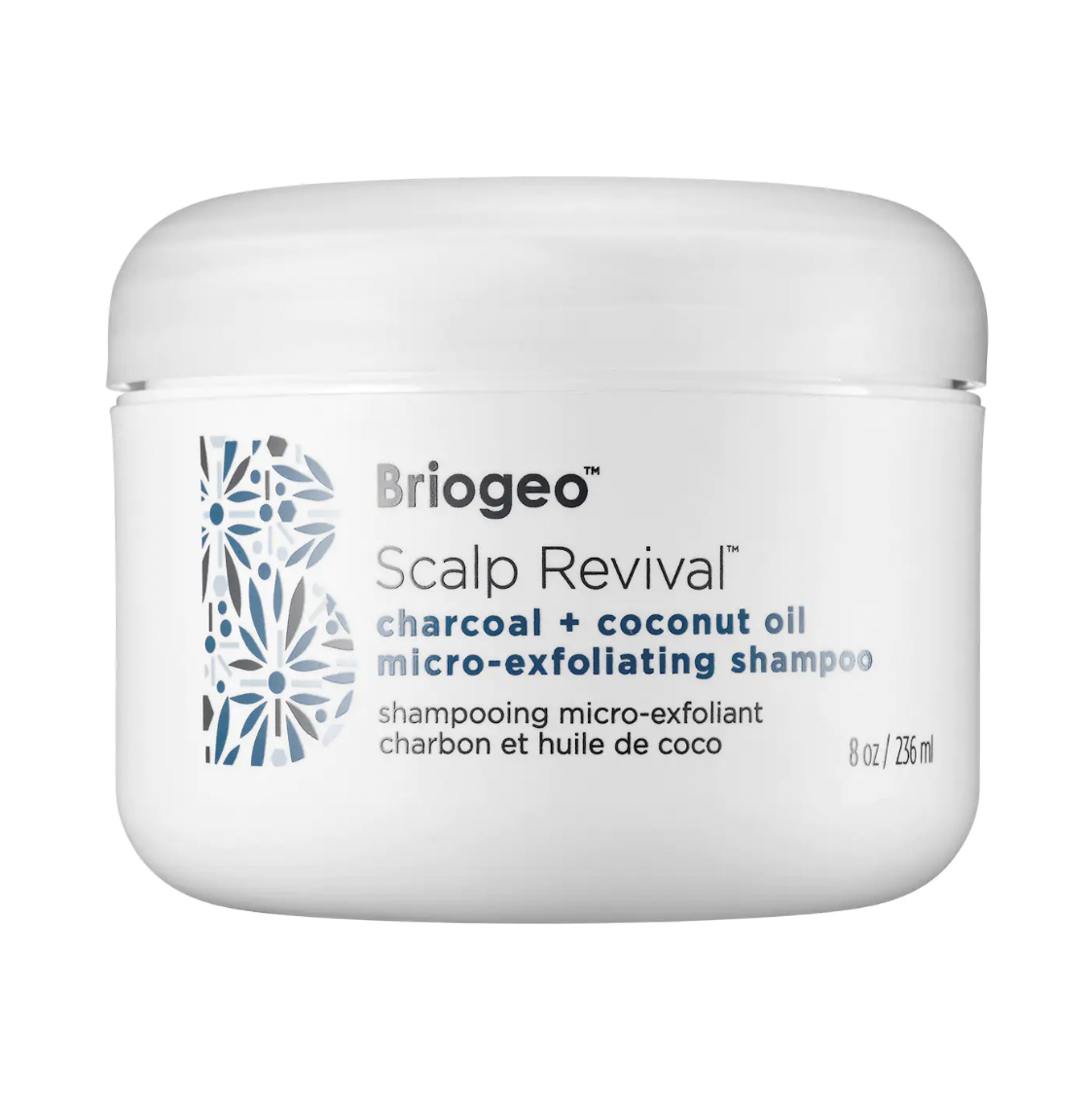
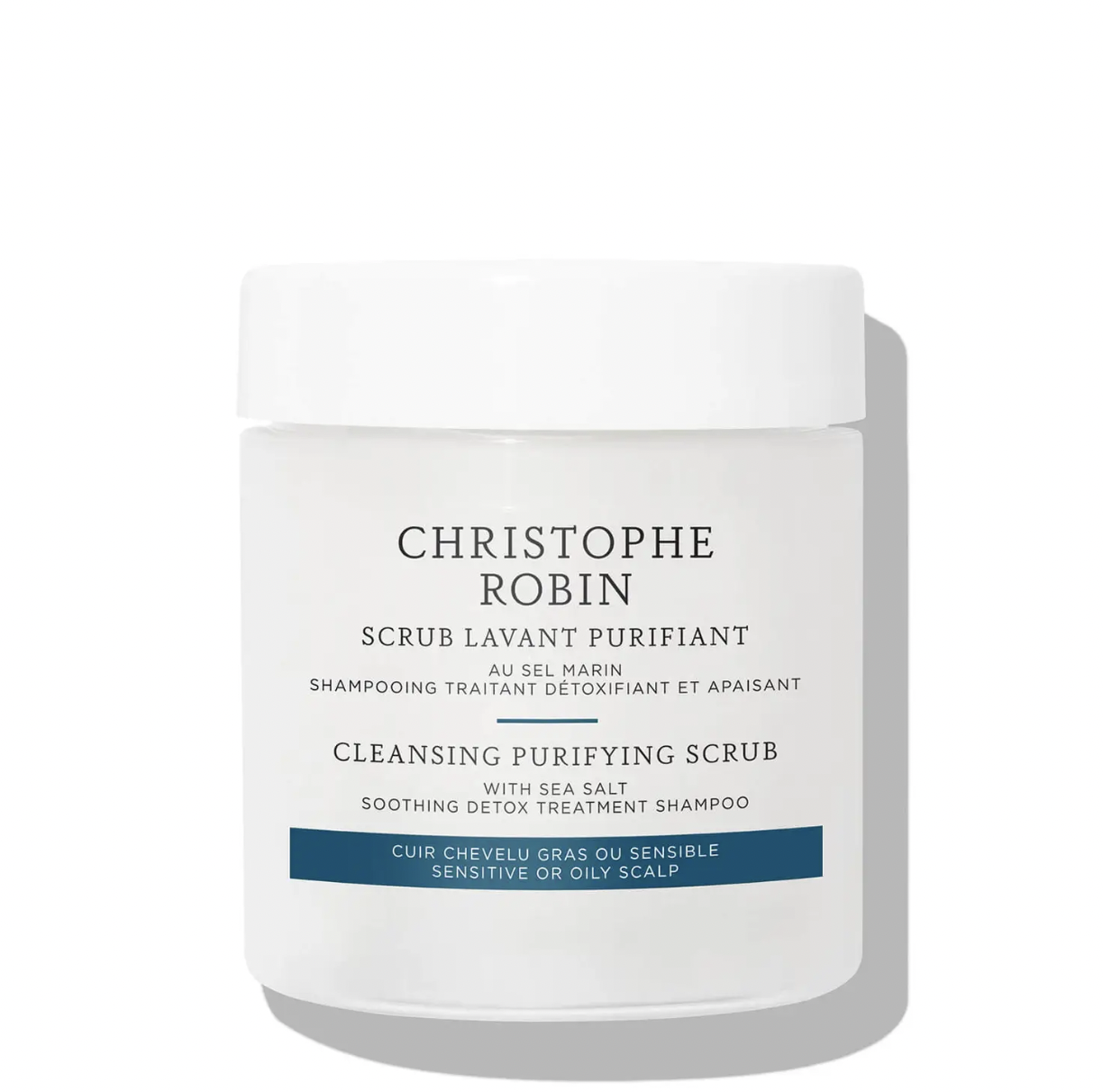

A double shampoo is optional but doesn’t hurt, especially if you’ve been overdue for a deep cleanse. “I like to shampoo again to make sure everything is washed out,” says Graf.
Finally, conditioning your hair shouldn’t be skipped. That said, now isn’t the time for a heavy hair mask. Instead, apply a lightweight conditioner—avoiding the scalp and roots—to hydrate hair without creating new residue.
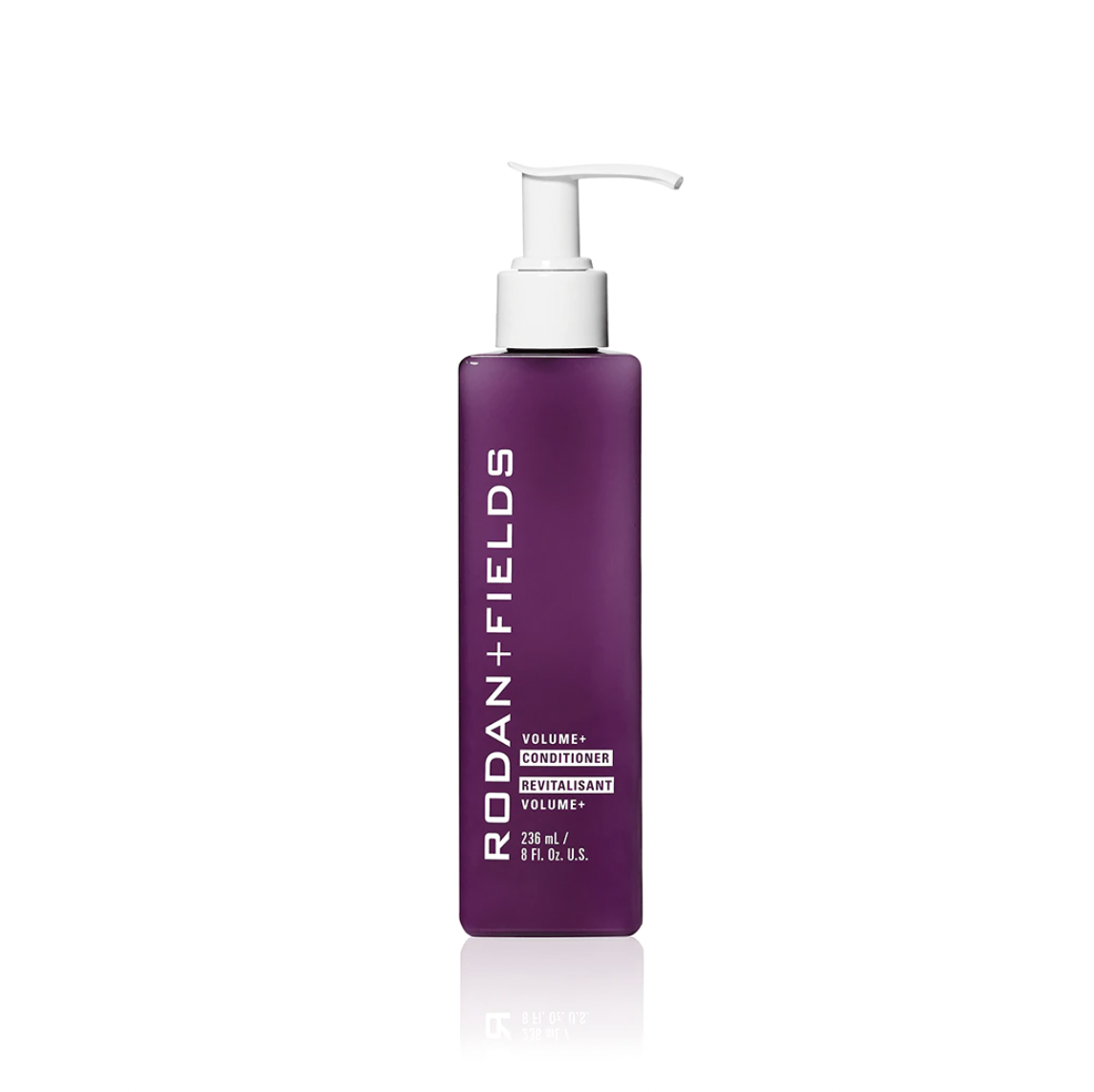
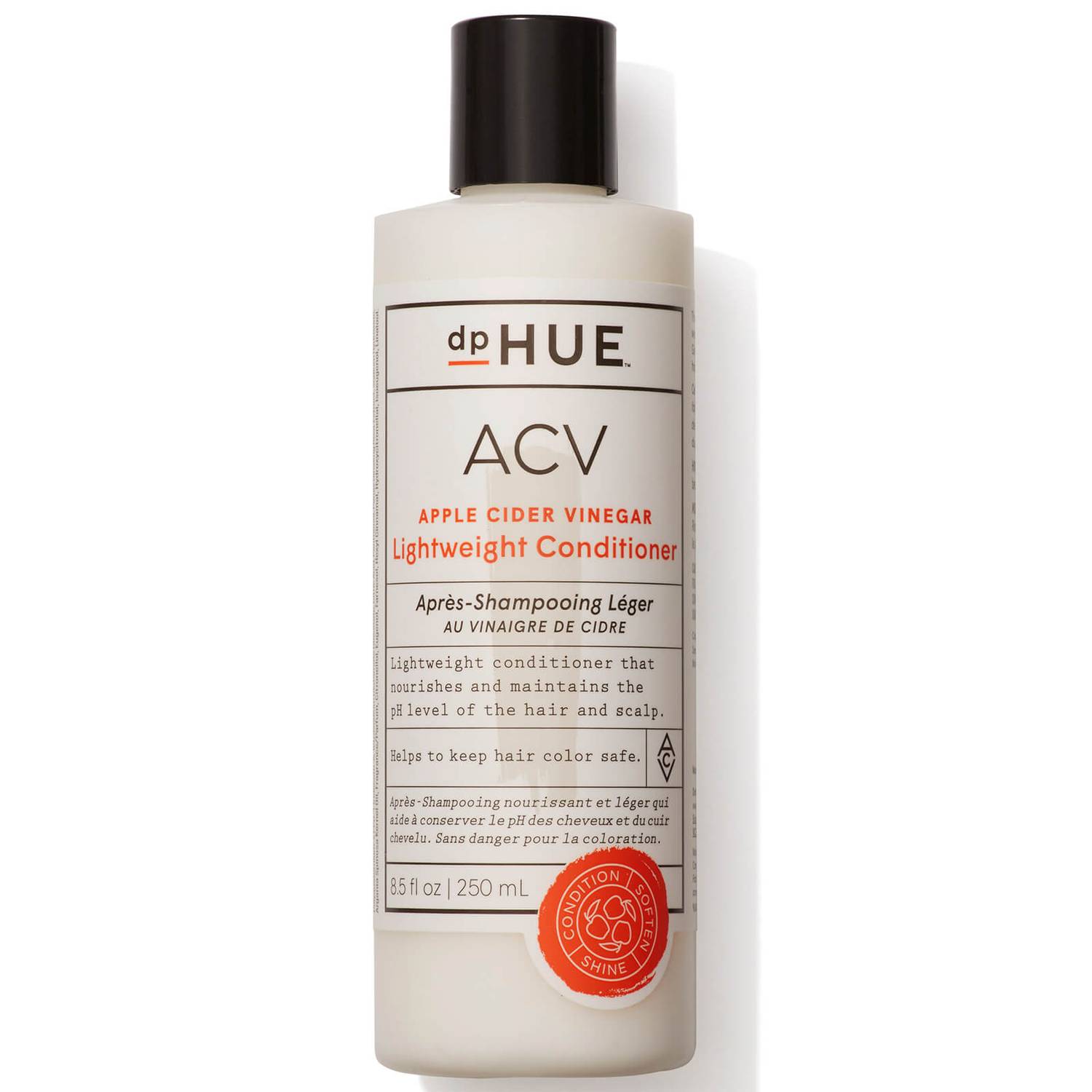
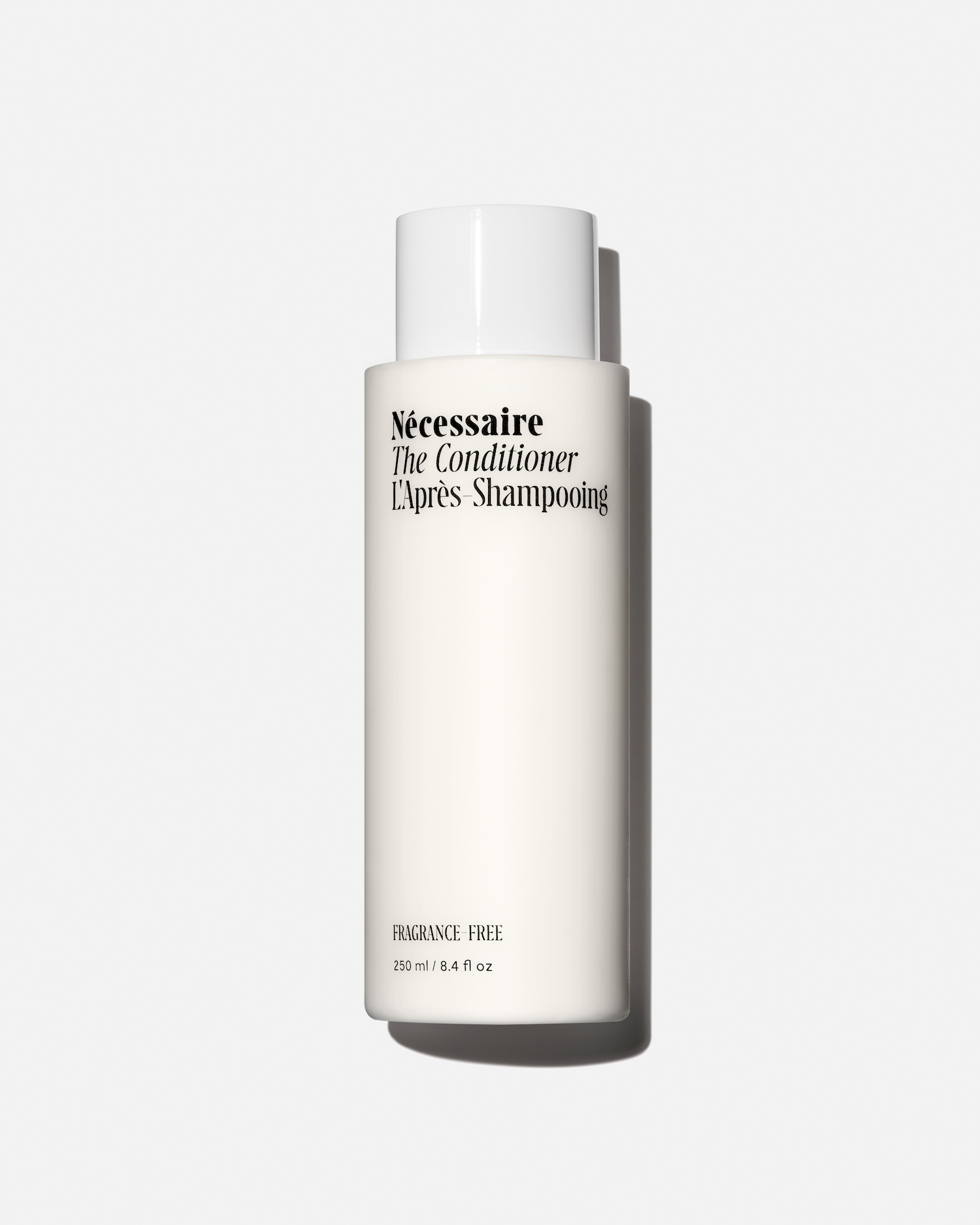
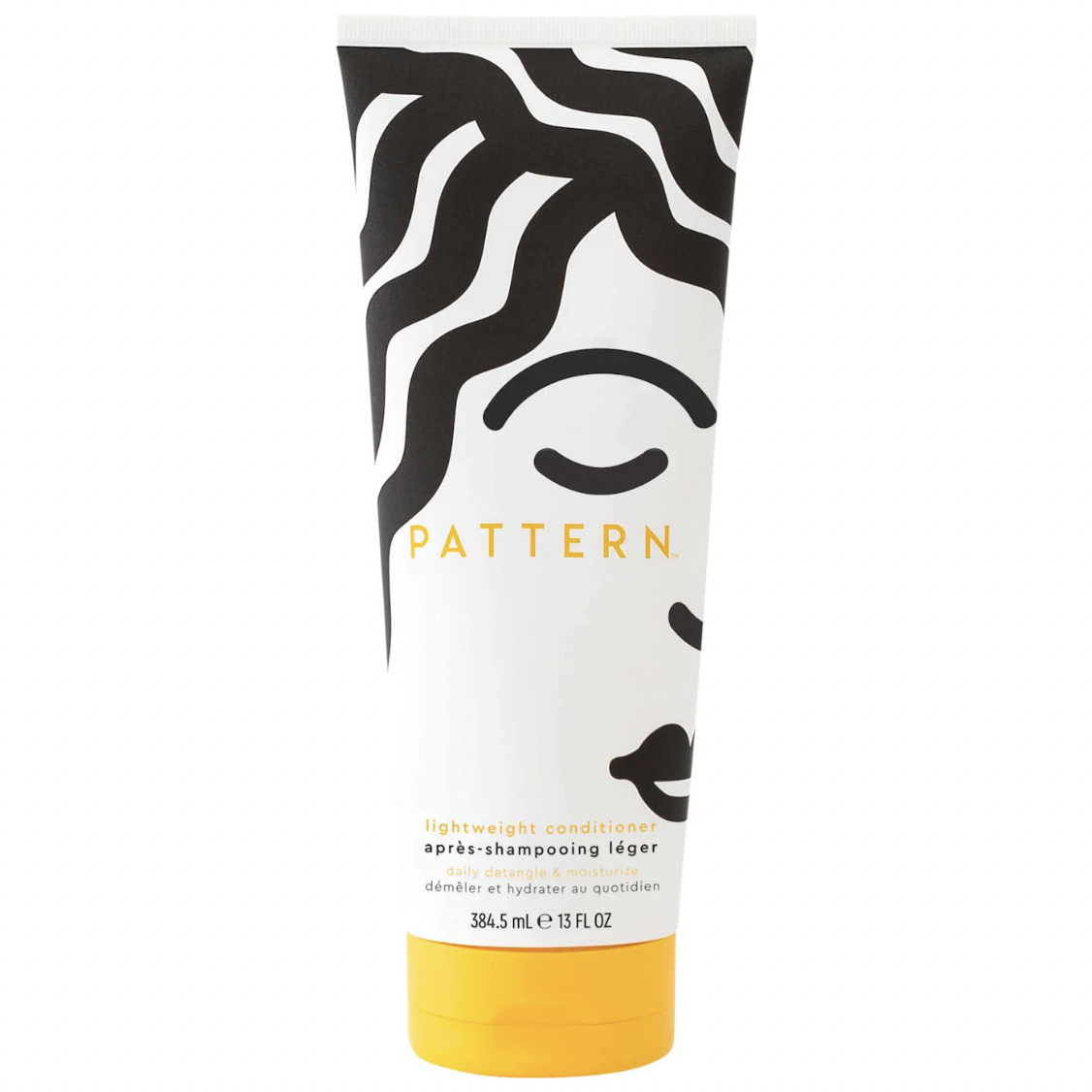
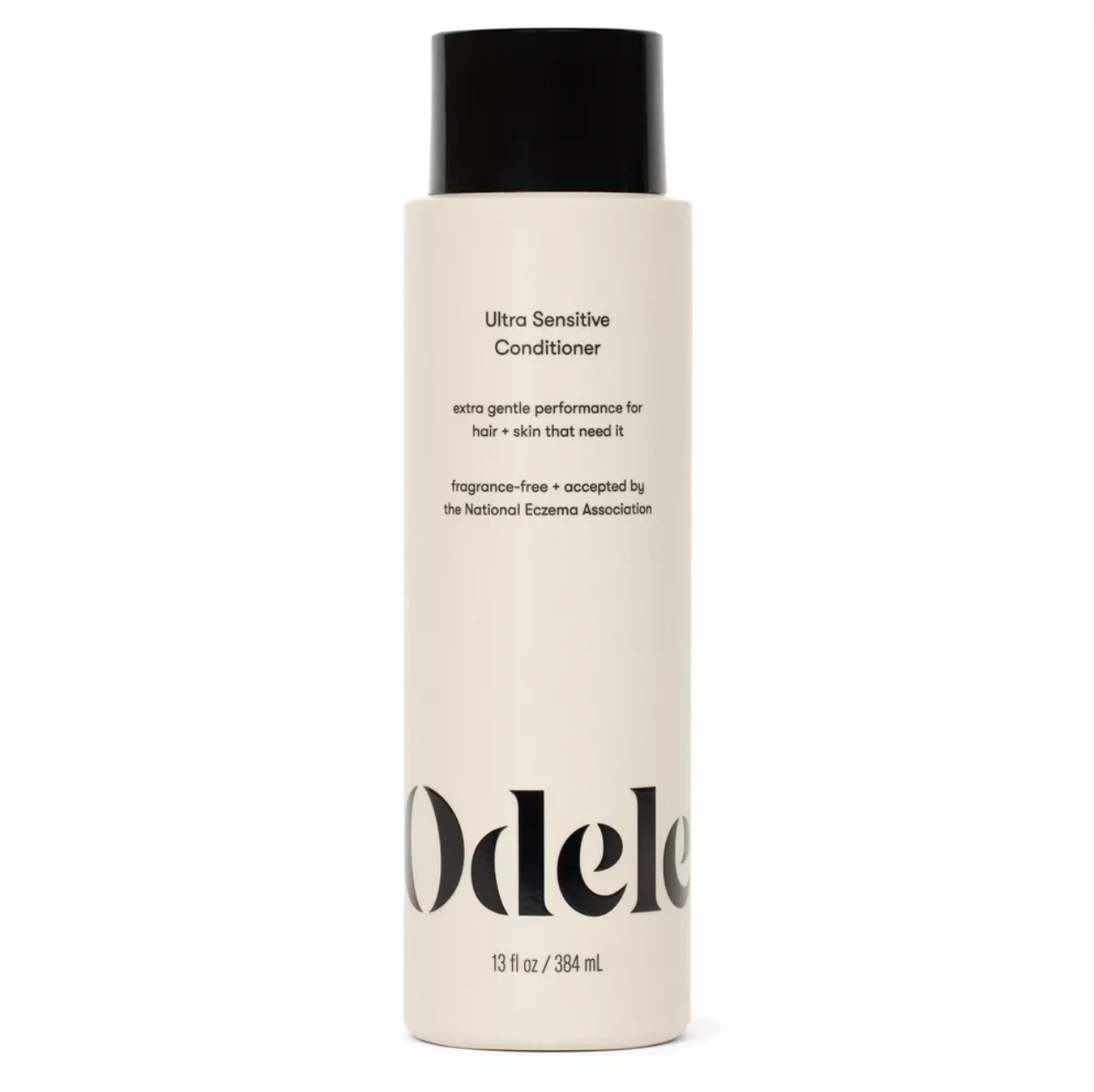
Up next: Fact: These Products Will Make Your Hair Grow Like Crazy, According to Reviews
